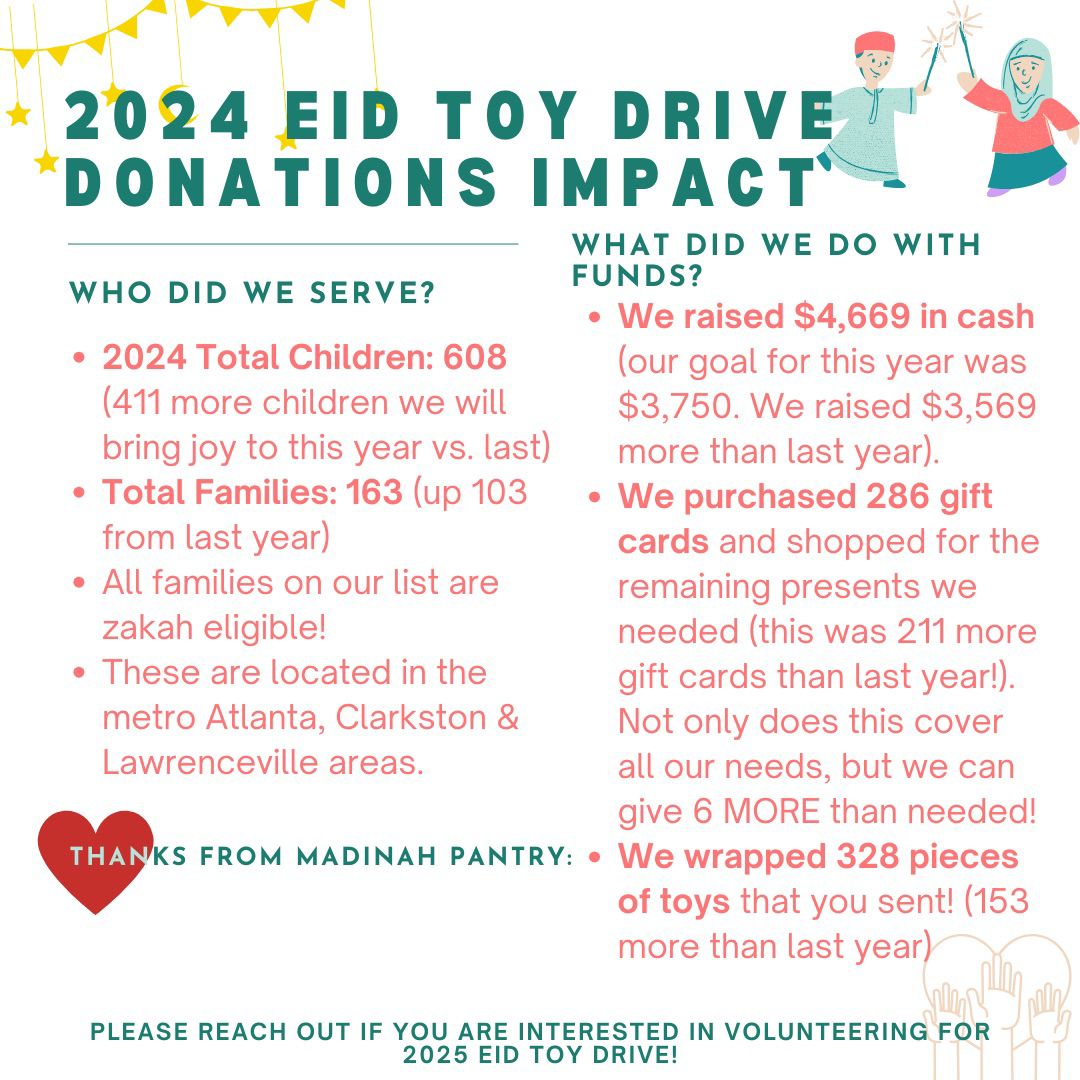Written by Hasnaa Hunafa
Oftentimes, when we envision the image of a homeless individual numerous harmful, inaccurate, and unfair stereotypes come to mind. Many assume that the homeless are all plagued by mental illness, are criminals with a long history of offenses, struggle with substance abuse issues, or are simply lazy and unwilling to work. However, we must remember that such issues are non-exclusive to displaced individuals. Much of the homeless population consists of families, veterans, and single adults who simply fell on hard times.
According to the most recent Annual Homeless Assessment Report (AHAR), an estimated 553,742 people are currently experiencing homelessness in the United States. Single individuals, families, and veterans make up 66.7, 33.3, and 7.2 percent of the homeless population, respectively. With single young and middle-aged adults making up the largest percentage of the homeless population, we must consider what causes able-bodied and capable adults to end up in such dire circumstances.
Some of the most common causes of homelessness are: poverty, domestic violence, low job opportunities, and the lack of effective public assistance programs. Many low-income Americans are living paycheck to paycheck. As a result, any financial setback or tragedy can cause low-income families and individuals to end up without a roof over their heads. Secondly, female victims of domestic violence are often faced with two difficult choices: to escape their abusers with no place to go or remain at risk of their lives and the lives of their children. This dynamic accounts for a disproportionate number of cases involving female homelessness. Additionally, in our ever changing economy and society, many unskilled laborers are facing difficulty in finding and maintaining steady work. This leads to a higher unemployment rate and subsequently, more individuals losing their homes. Finally, due to the current administration’s budget cuts, many social welfare programs are receiving less funding. The effects of this change have been devastating for many low-income families that depended on government assistance as a means to supplement a meager income. Without the additional funds, many cannot afford to pay their monthly bills and end up on the street.
In spite of this, steps may be taken to prevent homelessness and offer assistance to the displaced. Some solutions include: the development of affordable housing units, community assistance programs, job training, and access to higher learning. The root cause of homelessness is the lack of housing. By providing affordable housing, the pains of homelessness will be alleviated. This may be accomplished through the direction of federal funding towards affordable housing projects and community fundraising. Additionally, local communities can offer assistance when government aid falls short. The development of community food pantries, homeless shelters, and outreach groups will aid displaced individuals in getting back on their feet. Furthermore, community job training centers may provide individuals with the tools and resources required to obtain gainful employment. Lastly, access to affordable education would encourage many low-income individuals to enroll in community colleges to seek professional degrees or to earn a vocational trade. This would provide individuals with the confidence and skills required to pursue careers in more lucrative fields of study.
Verily, homelessness is a nondiscriminatory issue that sees no race, religion, social class, or education level. Those who are financially stable today may find themselves in a perilous financial situation tomorrow. A life-altering injury, the loss of a job, or the dissolution of a marriage could all lead to a life on the street. Thus, we must be mindful of our preconceived notions and biases when belittling those who have less than we do, for we may end up in their shoes one day.








